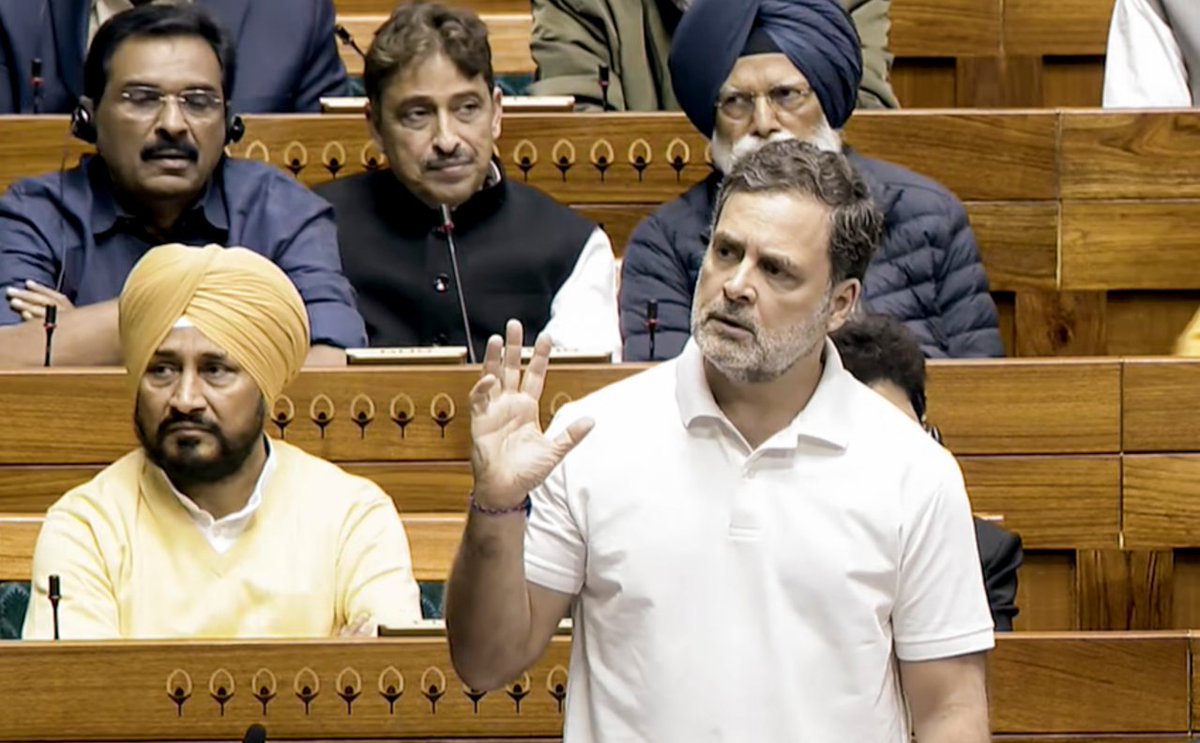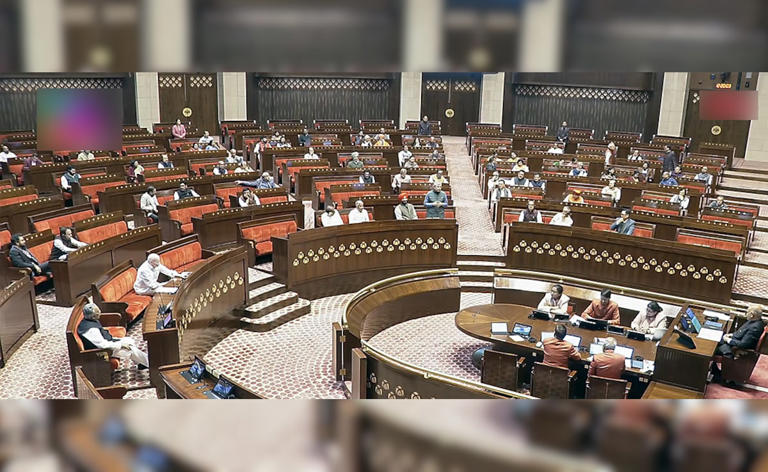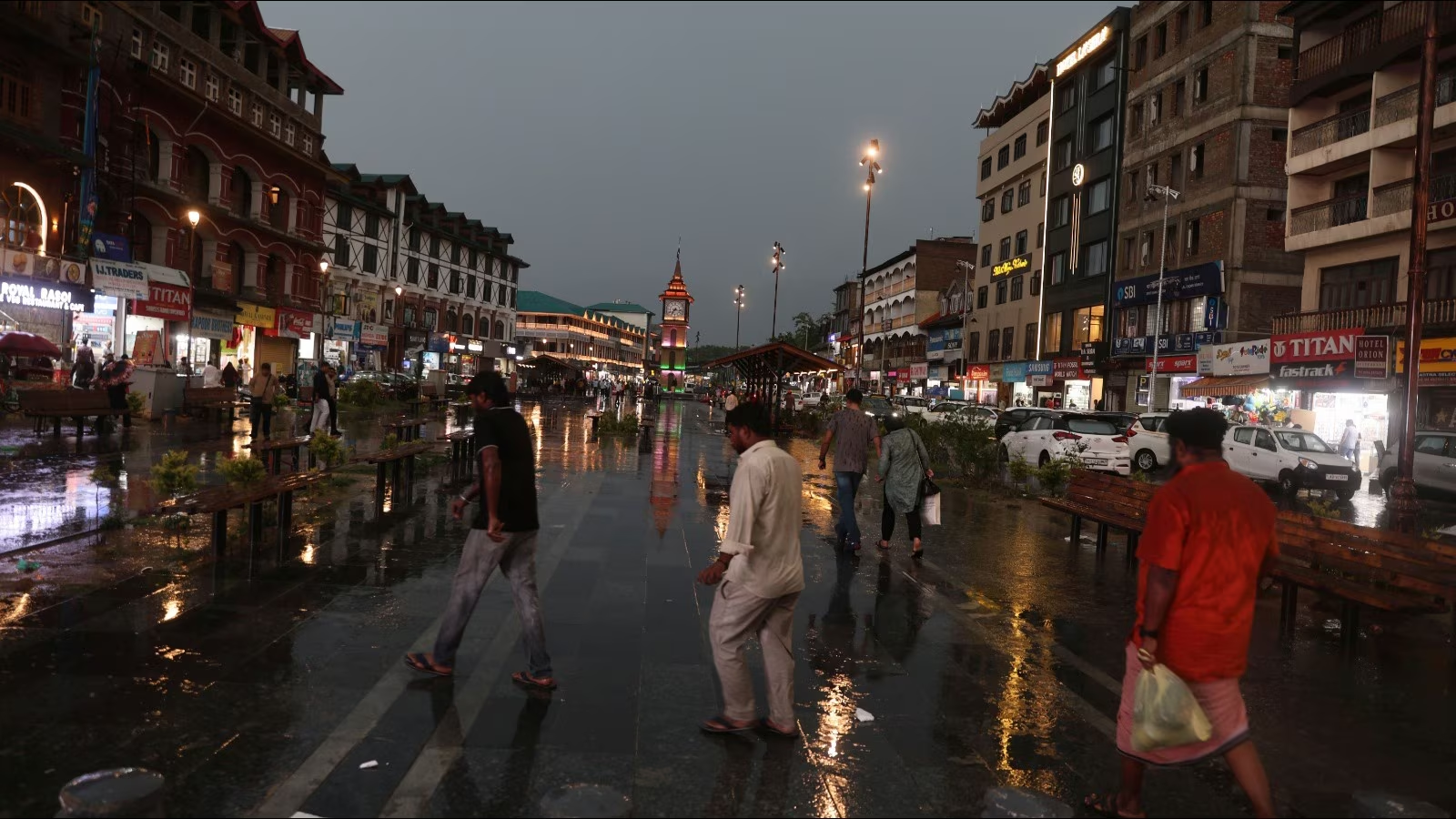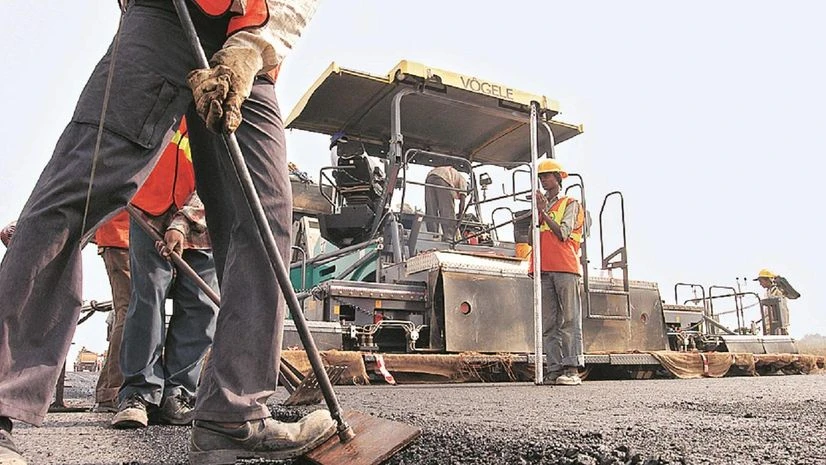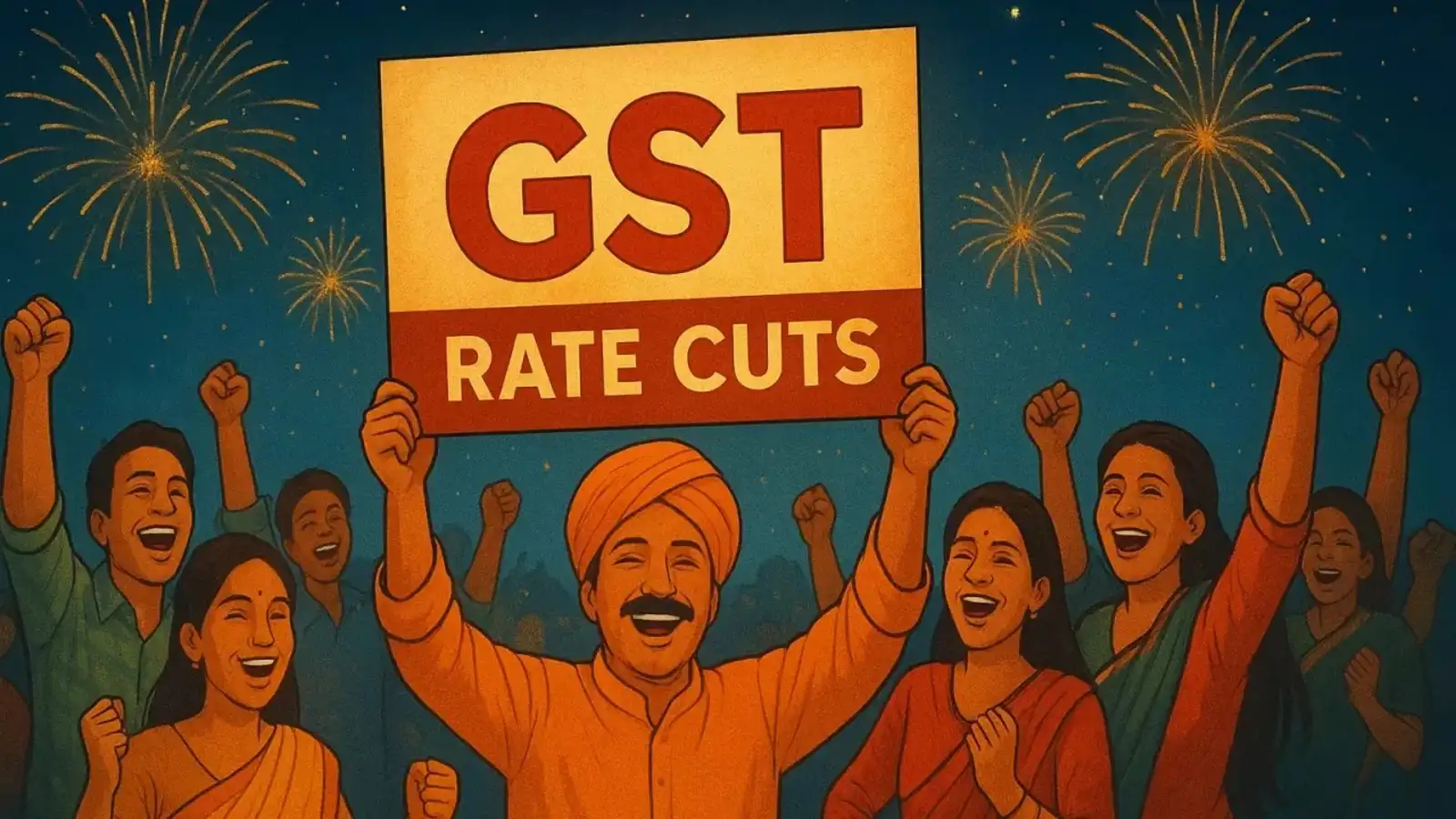Government News
The government claims in the Rajya Sabha that the CCI controls airfares.


By Kajal Sharma - 21 Dec 2024 08:50 PM
The Minister of State for Civil Aviation emphasized that supply, demand, seasonality, and operational factors all affect airfares.The government clarified in the Rajya Sabha on Monday that airfares are "governed" under the Competition Act, 2002, and that the Competition Commission of India (CCI) keeps an eye on anti-competitive practices in response to worries about oligopolistic practices and rising airfares in the aviation industry.John Brittas asked the administration about oligopolistic methods, exorbitant airfares, and timeliness problems in airline operations. The explanation was made in response to his unstarred question. The question especially focused on whether the Directorate General of Civil Aviation (DGCA) has the authority to step in in certain situations under Rule 135(4) of the Aircraft Rules, 1937.The government clarified in the Rajya Sabha on Monday that airfares are "governed" under the Competition Act, 2002, and that the Competition Commission of India (CCI) keeps an eye on anti-competitive practices in response to worries about oligopolistic practices and rising airfares in the aviation industry.John Brittas asked the administration about oligopolistic methods, exorbitant airfares, and timeliness problems in airline operations.
The explanation was made in response to his unstarred question. The question especially focused on whether the Directorate General of Civil Aviation (DGCA) has the authority to step in in certain situations under Rule 135(4) of the Aircraft Rules, 1937.In response, Minister of State for Civil Aviation Murlidhar Mohol emphasized that supply, demand, seasonality, and operational factors all affect airfares. The Competition Commission of India (CCI) controls anti-competitive behaviors including cartelization, but the government does not regulate airfares to preserve competitiveness. According to the Minister, airlines have been made more aware of the need to provide reasonable fares, particularly during periods of high demand. He pointed out that in order to ensure adherence to Rule 135 of the Aircraft Rules, 1937, the DGCA established a Tariff Monitoring Unit (TMU) to keep an eye on airlines that engage in predatory or exorbitant pricing.
The Minister underlined that although the government does not directly control airfares, it does make sure the market is competitive and that the interests of passengers are protected. He noted that government action in cases of excessive pricing involves redistributing capacity to areas with high demand in order to stabilize costs. With 12 scheduled commuter carriers and 830 aircraft, the aviation industry has witnessed remarkable increase in domestic passenger traffic in recent years. According to Mohol, the government is still dedicated to supporting a strong and competitive aviation industry while closely monitoring anti-competitive behavior through the DGCA and CCI processes.


